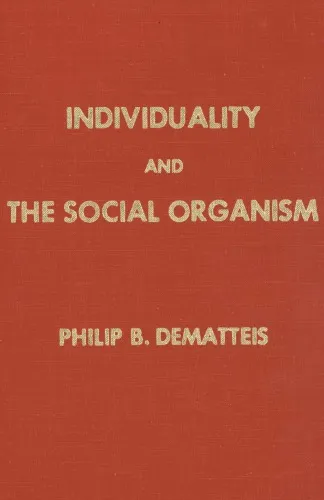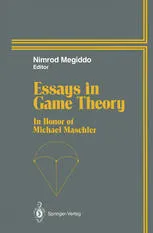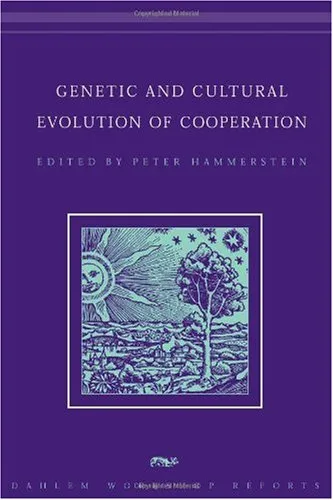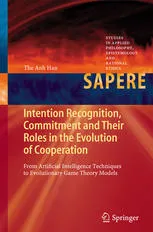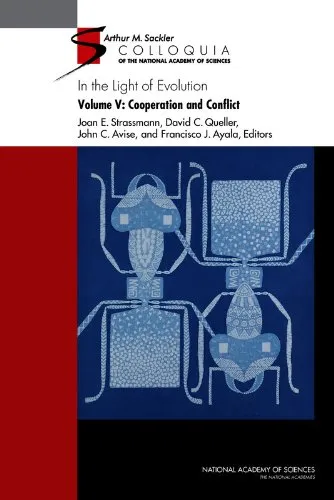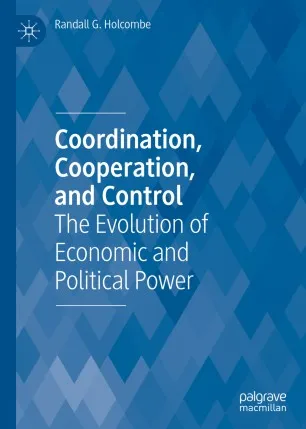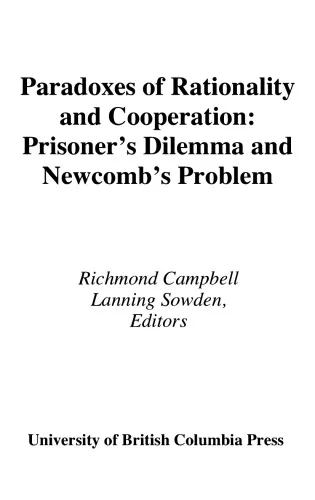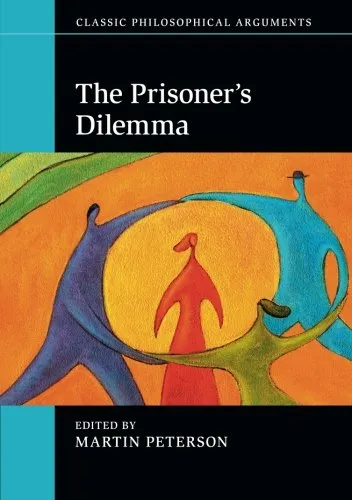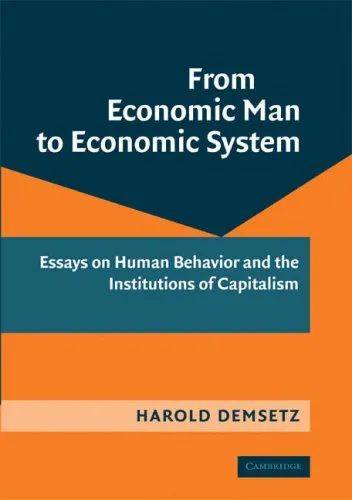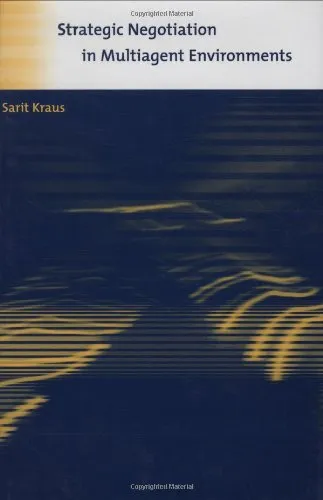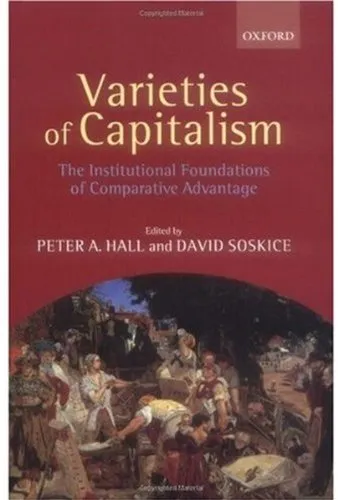Ideology and the Evolution of Vital Institutions: Guilds, The Gold Standard, and Modern International Cooperation
4.5
Reviews from our users

You Can Ask your questions from this book's AI after Login
Each download or ask from book AI costs 2 points. To earn more free points, please visit the Points Guide Page and complete some valuable actions.Related Refrences:
Introduction to "Ideology and the Evolution of Vital Institutions"
Ideology and the Evolution of Vital Institutions: Guilds, The Gold Standard, and Modern International Cooperation explores the intricate interplay between ideological paradigms and the formation, evolution, and eventual obsolescence of crucial societal institutions. Written with depth and clarity, the book offers a comprehensive investigation into how historical and modern institutions evolve in response to changing sociopolitical ideologies and the economic pressures underpinning them.
This book provides readers with an engaging exploration of economic history and institutional development by focusing on three pivotal systems: medieval guilds, the gold standard, and modern international cooperation mechanisms like those embodied by global organizations. Each of these institutions is carefully unpacked, examined for its ideological origins, and analyzed within its historical context to better understand its evolution and eventual demise or transformation. By delving deep into these case studies, the book provides a compelling commentary on how human thought and collective action shape the world around us.
With a multidisciplinary approach, Ideology and the Evolution of Vital Institutions masterfully blends insights from economics, political science, history, and sociology. Whether you're an academic, a policymaker, or a curious reader looking to better understand the forces shaping critical societal structures, this book is a valuable resource for exploring the complex dynamics of ideology and institutional development.
Detailed Summary
At its heart, the book focuses on three critical systems: guilds in the medieval period, the gold standard of the modern era, and international cooperation mechanisms that shape present-day global governance. Each institution is treated as an example of how ideologies not only inspire their foundation but also constrain their operations and influence their eventual decline:
- Medieval Guilds: These organizations are presented as the cornerstone of medieval economic and social life. By regulating wages, apprenticeship, and production, guilds showcased how collectivist ideologies serve to protect individual members and preserve group privileges. The book examines the ideological shifts that eroded guilds' dominance, allowing market capitalism to emerge.
- The Gold Standard: As a paragon of monetary discipline, the gold standard embodied ideological commitments to stability and trust in financial transactions. The narrative traces the rise of the gold standard, its global proliferation, and the ideological conflicts that ultimately led to its abandonment during the 20th century’s Great Depression and wartime inflationary pressures.
- Modern International Cooperation: Finally, the book explores institutions like the United Nations, World Trade Organization, and others, highlighting how ideological convergence on globalism and mutual interdependence has fostered frameworks for cooperation. At the same time, the book critically addresses instances where ideological rifts hinder global progress and the challenges these frameworks face in maintaining relevance.
These case studies collectively provide an insightful commentary on the ideological tenets behind institutional developments while offering a broader understanding of the connection between institutional evolution and historical change.
Key Takeaways
- Ideology plays a central role in shaping institutions, influencing their creation, operations, and ultimate demise.
- Institutions evolve in response to changes in sociopolitical and economic conditions, but they are often bound by the ideological premises of their origins.
- The collapse of outdated institutions can pave the way for new systems better aligned with contemporary ideological and economic realities.
- Understanding the historical trajectory of institutions can help policymakers design more resilient structures for future challenges.
Famous Quotes from the Book
"Ideology, whether rigid or flexible, serves as the scaffolding upon which human institutions are erected—and simultaneously, the chains which constrain their evolution."
"History teaches us that institutional obsolescence is rarely about inefficiency but rather a failure to adapt to new ideological demands."
"The strength of an institution lies not just in its design but in its ability to transcend the ideological limitations of its founding."
Why This Book Matters
In an age where institutions face increasing scrutiny and rigid ideologies prompt polarized global debates, this book sheds light on the nuances of institutional endurance. It is a testament to the power of collective human thought, showing how ideology shapes the institutions we depend upon for societal, economic, and political stability.
Scholars, policymakers, and curious readers alike will find the insights of Ideology and the Evolution of Vital Institutions invaluable for understanding the cyclical nature of institutional life. Its lessons encourage readers to consider the ideological roots of today’s systems and question whether these structures are adaptable enough to meet future challenges. By doing so, the book equips its audience with the philosophical and historical tools necessary to contribute toward creating robust and equitable institutions for the modern era.
Free Direct Download
You Can Download this book after Login
Accessing books through legal platforms and public libraries not only supports the rights of authors and publishers but also contributes to the sustainability of reading culture. Before downloading, please take a moment to consider these options.
Find this book on other platforms:
WorldCat helps you find books in libraries worldwide.
See ratings, reviews, and discussions on Goodreads.
Find and buy rare or used books on AbeBooks.
1330
بازدید4.5
امتیاز0
نظر98%
رضایتReviews:
4.5
Based on 0 users review
Questions & Answers
Ask questions about this book or help others by answering
No questions yet. Be the first to ask!

